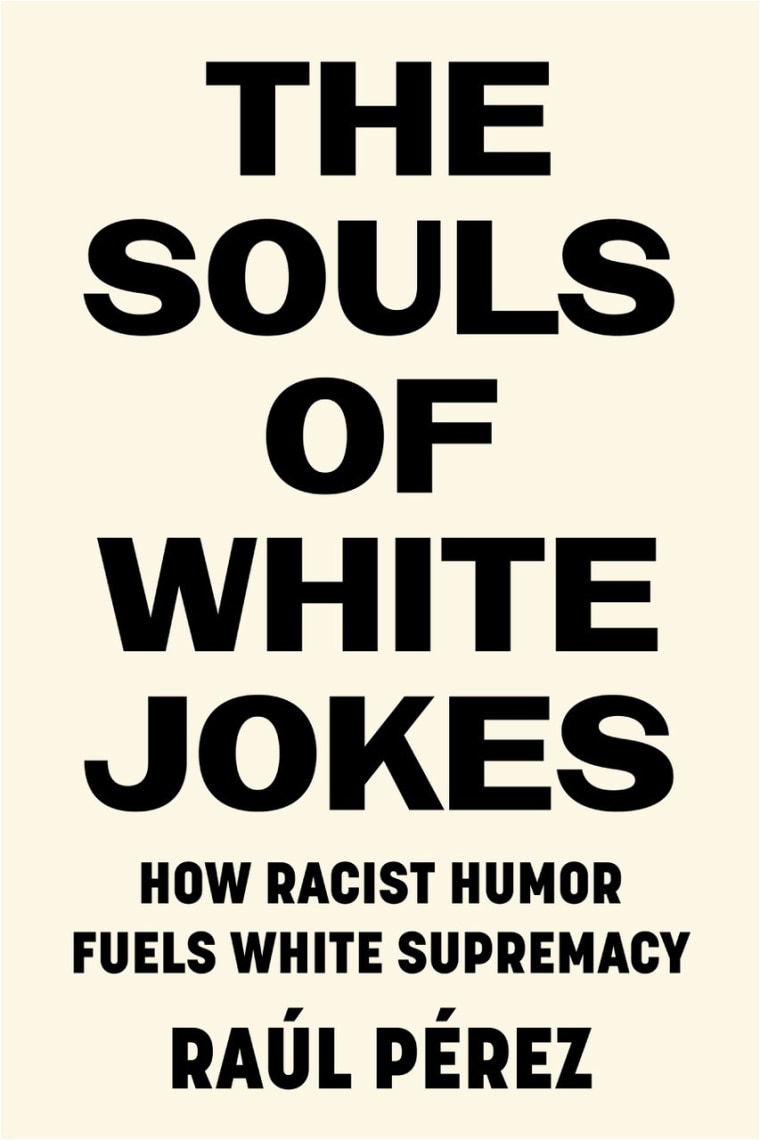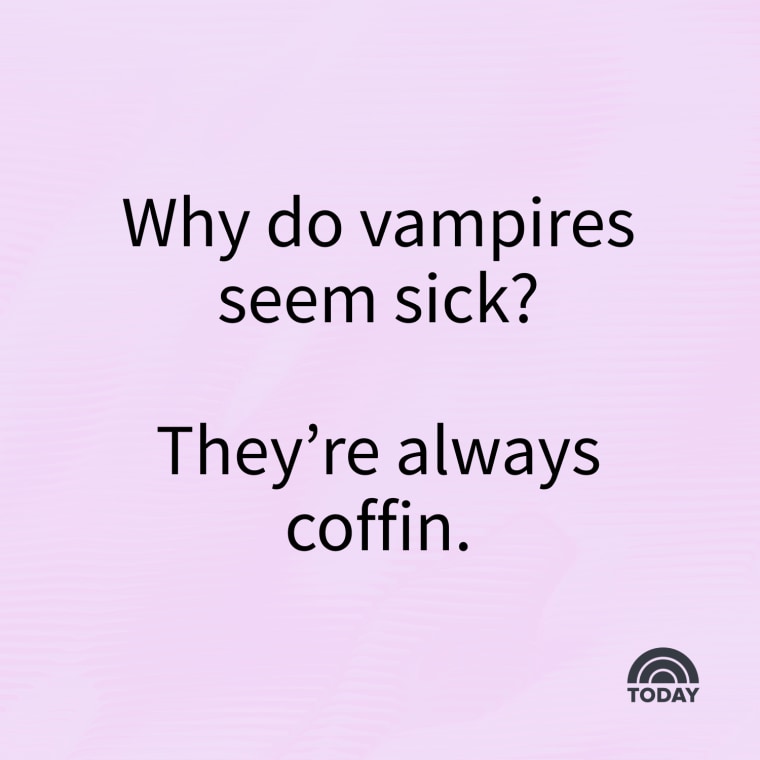Dark Humor & Racist Jokes: When Is It Okay?
Does humor truly have a dark side, and if so, what does it say about us? Dark humor and racist jokes often make people uneasy, but they also spark curiosity. This controversial terrain, where laughter meets the uncomfortable, is worth exploring. Like a friend who challenges your perspectives, these forms of humor can provoke both amusement and introspection. Life, after all, isn't always picture-perfect; it's often complex, messy, and sometimes, downright unsettling.
Centuries have seen the evolution of dark humor and racist jokes, shaped by evolving societal norms and cultural shifts. What was once perfectly acceptable in the past might now be considered offensive, and vice versa. Navigating this landscape requires a delicate balance of freedom of speech and cultural sensitivity. This is not a simple task, and it requires careful consideration of context and audience.
Dark humor can be like a well-chosen spice: a little adds depth, but too much can burn your palate. Racist jokes, on the other hand, can be like a dish that leaves you uncertain. Some find them appealing, while others are repulsed. The key question, then, becomes: where do we draw the line?
- Peter Zeihans Wife Unveiling The Geopolitics Experts Personal Life
- Ullu Web Series Your Guide To Edgy Online Entertainment
What Exactly Is Dark Humor?
Dark humor can be thought of as the rebel child of comedy, thriving on taboo subjects that most avoid. Death, illness, war, and racism are all fair game. The appeal of dark humor lies in its ability to scratch an itch we didnt know we had. It lets us confront our fears and anxieties head-on, making them less intimidating. It serves as a coping mechanism, a way to make sense of the chaos around us.
The catch, of course, is that not everyone "gets" it. Some see dark humor as a way to find levity in the face of hardship, while others perceive it as disrespectful. The key is perspective. And, in the world of dark humor, context is crucial. A joke thats hilarious in one setting might be disastrous in another, so tread carefully!
Understanding Racist Jokes
Racist jokes stand as the elephant in the room often uncomfortable, controversial, and divisive. At their core, they rely on stereotypes and prejudices, perpetuating potentially harmful beliefs. But why do people tell them? Is it a reflection of genuine belief in these stereotypes, or simply a tool for shock value and entertainment?
The consequences of racist jokes can be significant. They can reinforce biases, create divides, and even fuel real-world discrimination. But does this mean all racist jokes are inherently bad? Not necessarily. Some comedians use racist jokes as a form of social commentary, highlighting the absurdity of racism itself. It's a fine line to walk, and one that sparks considerable debate.
Is Dark Humor Always Offensive?
Not necessarily. When handled skillfully, dark humor can be a powerful tool for fostering connection and understanding. It provides an avenue to laugh at the things that frighten us and discover humor in adversity. But heres the crucial point: Its all about intention. If the goal is to mock or belittle, it's likely to be offensive. If, however, the aim is to forge a shared experience, to bring people together through laughter, it can be a beautiful thing.
Consider the approach of comedians like George Carlin or Bill Burr, who tackle tough subjects. Their use of dark humor challenges societal norms and provokes thought. Though often uncomfortable, it can be highly effective. When you encounter a dark joke, pause and consider the intention. Is it meant to harm, or is it intended to heal?
When Does a Racist Joke Cross the Line?
This is arguably the most important question. When does a racist joke shift from harmless comedy to something truly hurtful? The answer depends on several factors. Context is key; a joke shared between friends might be received differently than the same joke delivered in a public setting. The audience also matters; some may find it funny, while others may be deeply offended.
The mere fact that someone laughs at a joke doesn't necessarily mean they arent offended. Laughter can be a defense mechanism, a way to cope with discomfort. So, how do we determine when a joke has crossed the line? Simply put, if it perpetuates harmful stereotypes or diminishes someone's humanity, it's probably best avoided.
Key Factors to Consider
- Intention: Is the joke meant to harm or to highlight?
- Context: Where and when is the joke being told?
- Audience: Whos listening, and how might they react?
- Impact: Does the joke reinforce negative stereotypes?
The Psychology Behind Dark Humor
Why do some people adore dark humor, while others can't stand it? The answer lies in personality. Research indicates that those who enjoy dark humor often exhibit more open-mindedness, creativity, and intelligence. They perceive the world in shades of gray rather than black and white and aren't afraid to confront uncomfortable truths.
However, not everyone is wired the same way. Some might find dark humor offensive, while others may find it refreshing. Again, it comes down to perspective. And in the realm of dark humor, perspective is everything. So, the next time you encounter a dark joke, try to see it from the other person's point of view. You may learn something new.
Benefits of Embracing Dark Humor
- It can help you cope with difficult situations.
- It can foster a sense of community and connection.
- It can challenge societal norms and encourage critical thinking.
Historical Context of Racist Jokes
Racist jokes have existed for centuries, evolving with the times. In the past, they frequently served as a tool of oppression, reinforcing harmful stereotypes and justifying discrimination. As society has become more aware of the impact of racism, the role of racist jokes has shifted. Today, some comedians employ them to challenge the status quo and provoke thought.
Consider the work of comedians such as Richard Pryor or Dave Chappelle. They use racist jokes not to harm, but to expose the absurdity of racism itself. Its a risky tactic, but one that can produce valuable social commentary. When you hear a racist joke, consider whether it's intended to harm or to heal.
Key Historical Moments
- Minstrel shows in the 19th century.
- Jim Crow laws and their impact on comedy.
- The rise of politically correct humor in the 1990s.
Dark Humor in Popular Culture
Dark humor has significantly infiltrated popular culture. From films like "Dr. Strangelove" to TV shows like "Black Mirror," its ubiquitous. Creators use it to explore complex themes and challenge audience expectations. Yet, not everyone "gets" it. Some may find it overly intense, while others may find it refreshing.
Consider the show "BoJack Horseman." It's an animated series about a washed-up actor who also happens to be a horse, but it grapples with serious issues like depression, addiction, and the nature of fame. It's not your typical feel-good show, yet it's profoundly impactful. When you watch something with dark humor, ask yourself about the underlying message. Is it merely designed to shock, or does it aim to communicate something deeper?
Examples in Media
- Dr. Strangelove
- Black Mirror
- BoJack Horseman
Can Dark Humor and Racist Jokes Coexist?
This is the core question. Can dark humor and racist jokes coexist without causing harm? The answer is yes, but it's not easy. It demands a delicate balance of humor and sensitivity, pushing boundaries while respecting others. It means understanding your audience, grasping the context, and being willing to listen when someone says, "That's not okay."
Humor is subjective. What one person finds funny, another may find offensive. But that shouldn't stop us from trying to understand and respect each other. With empathy and understanding, we can create an environment where everyone feels valued and respected.
Humor is just one aspect of life. Its crucial to approach life with empathy and understanding, to listen to and learn from others. If you're uncertain if a joke is appropriate, consider keeping it to yourself. You never know who may be offended, and thats a risk not always worth taking.



Detail Author:
- Name : Mr. Zackery McCullough DVM
- Username : ycarter
- Email : madeline.connelly@hotmail.com
- Birthdate : 1970-09-18
- Address : 99038 Trycia Points Stromanstad, MS 21521
- Phone : 1-260-303-4271
- Company : Stokes, Abbott and Lakin
- Job : Motorcycle Mechanic
- Bio : Saepe atque minima porro consequuntur molestiae. Velit minima et tempore ipsa. Eos quidem in quaerat dolor rem. Distinctio qui nemo non odio aut ex.
Socials
twitter:
- url : https://twitter.com/graysontromp
- username : graysontromp
- bio : Consequatur ea tenetur qui fuga necessitatibus sit. Ratione ad sapiente qui dicta. Illo itaque dolores ut molestias doloribus sit cupiditate.
- followers : 2157
- following : 2343
linkedin:
- url : https://linkedin.com/in/grayson_tromp
- username : grayson_tromp
- bio : Et quaerat sit impedit dignissimos nobis vel.
- followers : 5019
- following : 2539
facebook:
- url : https://facebook.com/gtromp
- username : gtromp
- bio : Minus rerum asperiores sunt commodi tempora.
- followers : 1951
- following : 204
instagram:
- url : https://instagram.com/grayson_tromp
- username : grayson_tromp
- bio : Soluta quibusdam delectus et beatae. Natus et iure hic eum. Commodi corporis veritatis ratione.
- followers : 590
- following : 342